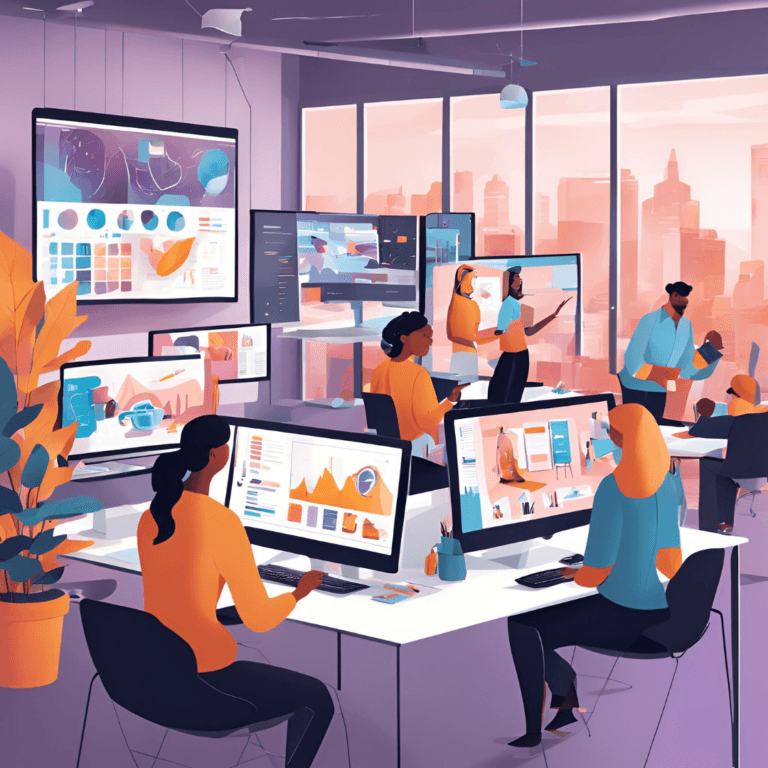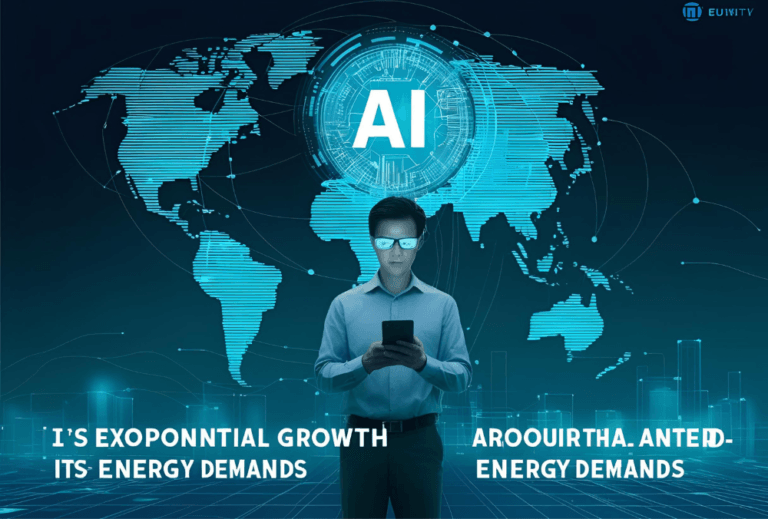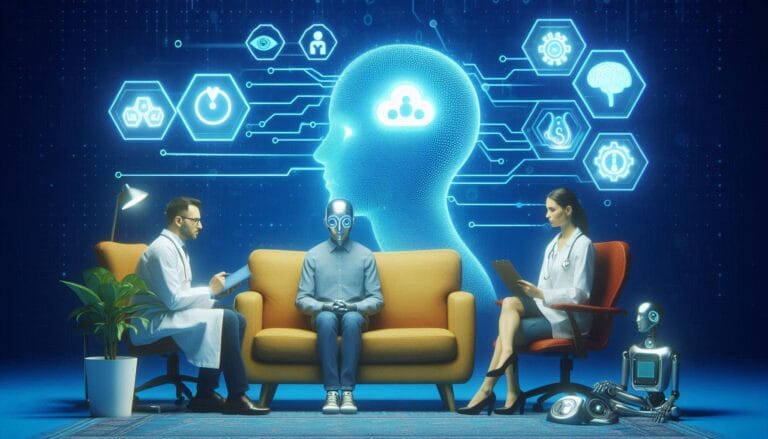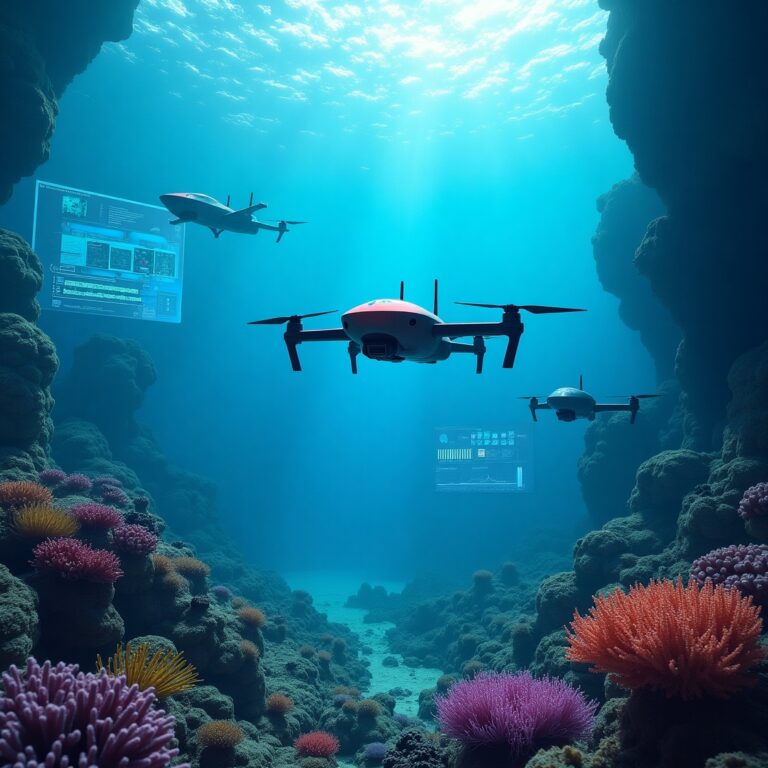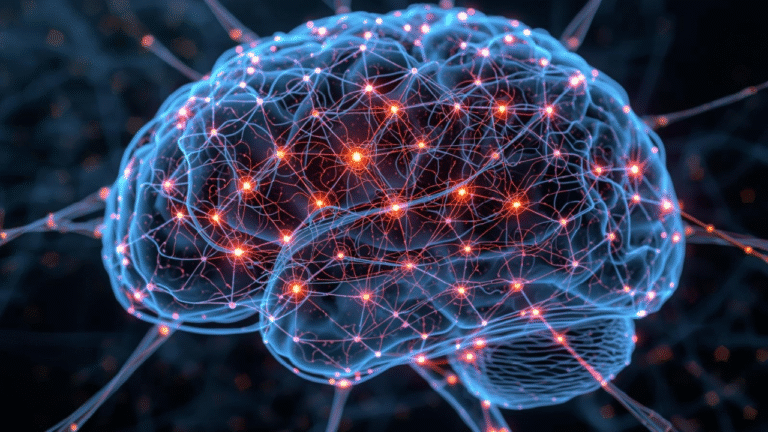Introduction: The Rise of Dystopian Technology
Dystopian technology, once a concept confined to science fiction, is increasingly shaping the world we live in today. It refers to technological advancements that, instead of empowering humanity, create systems of control, surveillance, and ethical dilemmas that threaten societal well-being. As technology evolves at an unprecedented rate, concerns about its misuse, unintended consequences, and ethical boundaries are more relevant than ever.
Historically, societies have expressed fears about technological overreach. The Industrial Revolution, for instance, sparked anxieties about machines replacing human labor, while the nuclear age instilled global fears of annihilation. Today, these concerns manifest in new forms—artificial intelligence (AI) threatening privacy, facial recognition being used for mass surveillance, and social media algorithms manipulating public opinion. The dystopian tech future envisioned by past generations is no longer speculative; it is unfolding in real-time.
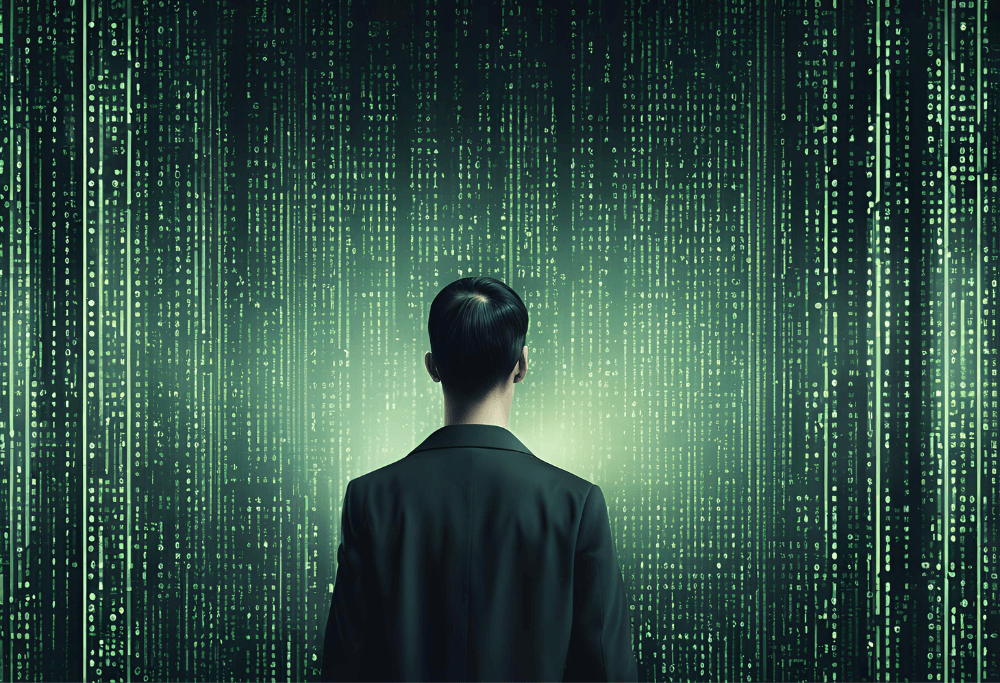
One of the most pressing ethical concerns of dystopian technology is the erosion of individual freedoms. Governments and corporations wield immense power through data collection, often justifying surveillance in the name of security and convenience. The challenge lies in striking a balance between technological progress and safeguarding human rights. As we explore the evolution of dystopian technology, it becomes evident that fiction has long foreshadowed the digital dilemmas of today.
The Evolution of Dystopian Technology: From Fiction to Reality
The future of dystopian technology has been a recurring theme in literature and film, serving as a warning against unchecked technological expansion. Science fiction has not only entertained audiences but also provided eerily accurate predictions of real-world advancements. Novels like 1984 by George Orwell and Brave New World by Aldous Huxley depicted societies where governments exert total control through surveillance and psychological manipulation. Today, mass data collection, AI-driven governance, and predictive policing echo these fictional nightmares.
Cinema and television have further amplified concerns surrounding dystopian technology. Black Mirror, a critically acclaimed series, explores the dark side of technological progress, addressing issues such as AI and dystopian governance, social credit systems, and digital surveillance. What was once fictional speculation is now reflected in reality. China’s social credit system, for example, assigns citizens scores based on their behavior, restricting access to services for those deemed undesirable—an eerie parallel to episodes of Black Mirror.
Beyond storytelling, real-world advancements in AI, biotechnology, and cybernetics raise significant concerns. AI-driven facial recognition is used for mass surveillance, autonomous weapons are being developed for warfare, and deepfake technology threatens truth in media. While these innovations offer benefits, they also present risks that demand ethical oversight. The transition from dystopian fiction to reality underscores the urgent need for responsible technological development and regulation.
As the future of dystopian technology unfolds, society must grapple with the implications of AI-driven governance, automated decision-making, and the growing power of tech corporations. The challenge lies in leveraging technological progress for good while preventing the nightmarish scenarios once relegated to fiction from becoming our new reality.
AI and Automation: The Double-Edged Sword
The rise of dystopian AI has revolutionized industries and governance, but its darker implications raise ethical and societal concerns. AI is increasingly used in mass surveillance, predictive policing, and algorithmic decision-making, often reinforcing existing biases. Governments and corporations deploy AI-powered systems to monitor populations, analyze behaviors, and predict potential criminal activities. However, these systems frequently exhibit racial and socioeconomic biases, leading to unfair targeting and wrongful arrests.
One of the most controversial applications of dystopian AI is its role in governance. AI-driven decision-making is used to allocate resources, determine credit scores, and even influence sentencing in legal systems. While AI offers efficiency, it also strips individuals of human oversight and accountability, reducing complex ethical decisions to cold algorithmic calculations. This raises questions about fairness, transparency, and whether technology should be entrusted with life-altering decisions.
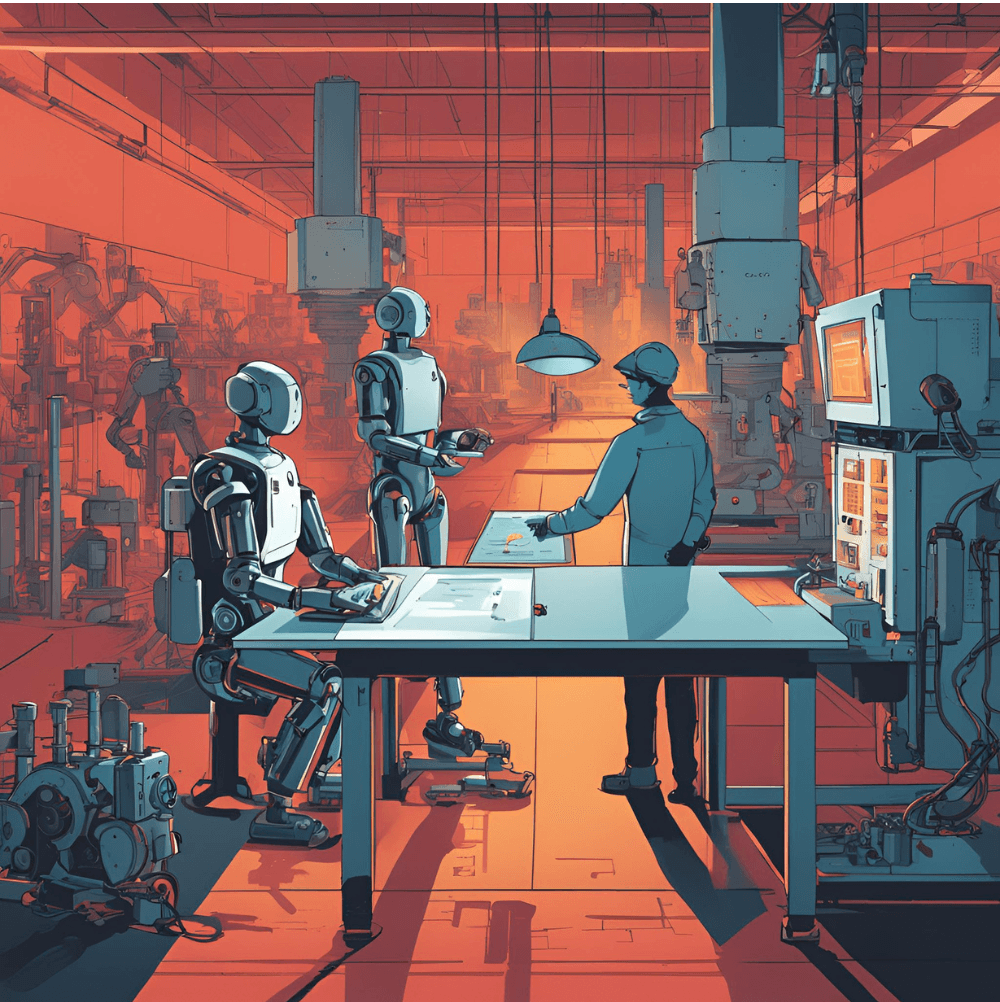
Beyond governance, the dark side of automation is evident in the workforce. AI-driven automation has led to job displacement across industries, from manufacturing to customer service. While automation increases productivity and reduces costs, it also widens economic inequality by eliminating traditional employment opportunities. The rise of robotic systems and intelligent software threatens the stability of the job market, creating an uncertain future for millions of workers.
The ethical implications of dystopian AI and the dark side of automation demand urgent attention. As AI systems become more powerful, regulation and ethical oversight must ensure that these technologies serve humanity rather than control or oppress it. Without intervention, AI could exacerbate existing social divides, concentrating power in the hands of those who control these systems.
Surveillance Technology: The End of Privacy?
The rapid advancement of surveillance technology in dystopian societies has transformed the concept of privacy. AI, facial recognition, and biometric tracking have enabled unprecedented levels of monitoring, leading to concerns about mass surveillance and state control. Governments worldwide use these technologies to track citizens, analyze behaviors, and enforce compliance, often under the guise of national security and crime prevention.
One of the most controversial aspects of surveillance technology in dystopian societies is the development of dystopian smart cities—urban environments where AI-driven surveillance systems regulate every aspect of daily life. While smart cities promise efficiency, sustainability, and safety, they also pose significant risks to personal freedoms. The integration of facial recognition cameras, social credit scoring, and predictive policing turns these cities into highly monitored spaces where anonymity is nearly impossible.
Real-world case studies illustrate how surveillance technology in dystopian societies is already taking shape. China’s social credit system monitors citizens’ behavior, rewarding compliance and punishing dissent by restricting access to essential services. In the United States, predictive policing algorithms are used to forecast criminal activity, but these systems often reinforce racial biases and disproportionately target marginalized communities. Mass data collection by tech corporations also raises concerns about privacy, as companies harvest user data for profit and influence.
The impact of technology on personal freedom is profound, raising questions about how much surveillance is necessary for security and where to draw the line. The balance between technological progress and individual rights must be carefully managed to prevent societies from slipping into a surveillance-driven dystopia. As AI-driven surveillance expands, it is crucial to implement regulations that protect personal freedoms while preventing abuses of power.
Biometric Control and the Loss of Anonymity
Biometric technology, once a tool for convenience, is now at the forefront of dystopian tech developments. Fingerprint scans, facial recognition, and retina scans are becoming standard in security systems, smartphones, and even public infrastructure. However, as these technologies expand, the erosion of personal anonymity becomes a pressing concern. Governments and corporations are collecting massive amounts of biometric data, often without clear regulations on how this data is used, stored, or shared.
The implications of widespread biometric tracking are already evident. In some nations, citizens must scan their faces to access financial services, travel, or even use the internet. The dystopian tech future of biometric control raises ethical concerns regarding consent, data security, and the potential for mass surveillance. With AI-enhanced biometric tracking, individuals can be identified in real-time, eliminating the ability to move through society unnoticed.
A major ethical concern of dystopian technology in this realm is the possibility of biometric profiling. AI-driven recognition systems are prone to biases that disproportionately affect certain racial and ethnic groups. Moreover, the commercialization of biometric data raises fears that companies might exploit personal identifiers for profit, with little transparency or user control.
As biometric technology becomes more ingrained in daily life, society must address the trade-off between security and privacy. Without strict regulations and safeguards, biometric control risks creating an inescapable surveillance state where individuals lose the right to remain anonymous.
Social Credit Systems and Technological Authoritarianism
One of the most chilling real-world implementations of dystopian tech is the rise of social credit systems. These systems assign citizens a score based on their behavior, influencing access to services such as travel, loans, and even employment opportunities. While initially introduced to encourage social responsibility, these programs quickly highlight the dangers of dystopian AI in governance.
China’s social credit system is one of the most well-known examples, monitoring everything from financial transactions to online speech. Citizens with high scores receive benefits such as easier loan approvals and priority travel access, while those with low scores face restrictions on transportation, housing, and career opportunities. This model of dystopian tech future governance has drawn international criticism for its role in suppressing dissent and enforcing conformity through digital control.
Beyond China, elements of social credit-like systems are appearing worldwide. Credit scores, employee performance tracking, and predictive policing rely on AI-driven data collection to evaluate individuals. The dark side of automation in this context is that decisions about a person’s worth are increasingly determined by algorithms rather than human judgment. When dystopian AI dictates access to fundamental rights, individuals are reduced to mere data points, with little room for appeal.
The ethical concerns of dystopian technology in social credit systems center on accountability, fairness, and human rights. Without clear legal protections, social credit frameworks risk becoming tools of oppression rather than societal improvement. The world must consider whether such technology promotes social stability—or instead creates a future where digital reputation dictates freedom itself.
Related Articles You May Find Interesting
If you enjoyed learning about Dystopian Technology, you might also be interested in these articles:
- Optogenetics in Humans – Discover how optogenetics, a groundbreaking technology, is being used to control brain activity with light and its potential applications in treating neurological disorders.
- Impact of Generative AI in Creative Industries – Explore how generative AI is transforming art, music, writing, and content creation, pushing the boundaries of creativity and innovation.
- Exploring Brain-Computer Interface – Learn about the advancements in brain-computer interface technology and how it is revolutionizing communication, healthcare, and human-machine interaction.
- The Future of Synthetic Blood – Dive into the development of synthetic blood and its potential to address global blood shortages, improve emergency medicine, and save lives.
These articles delve into cutting-edge technologies that are shaping the future, from neuroscience and AI to healthcare and beyond.


